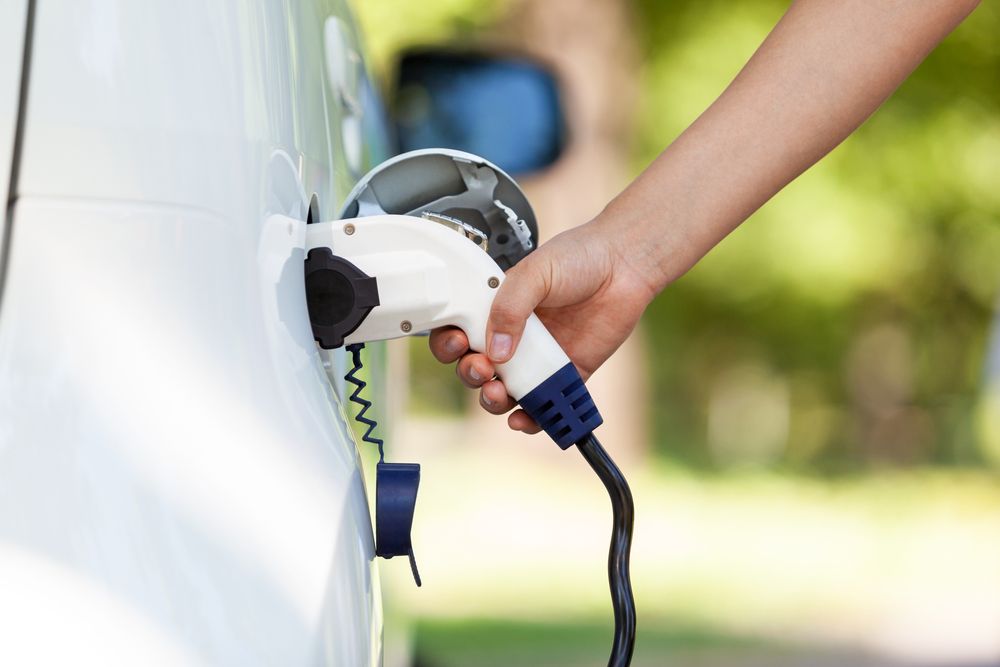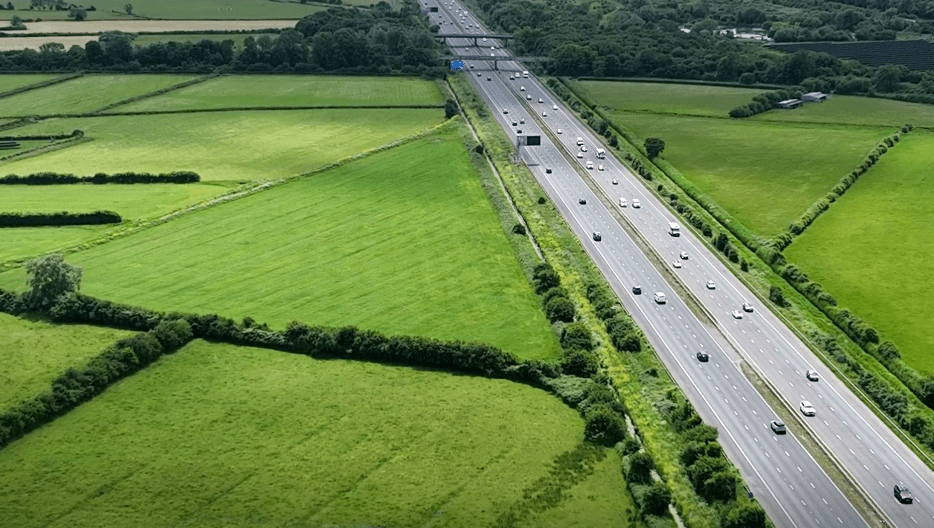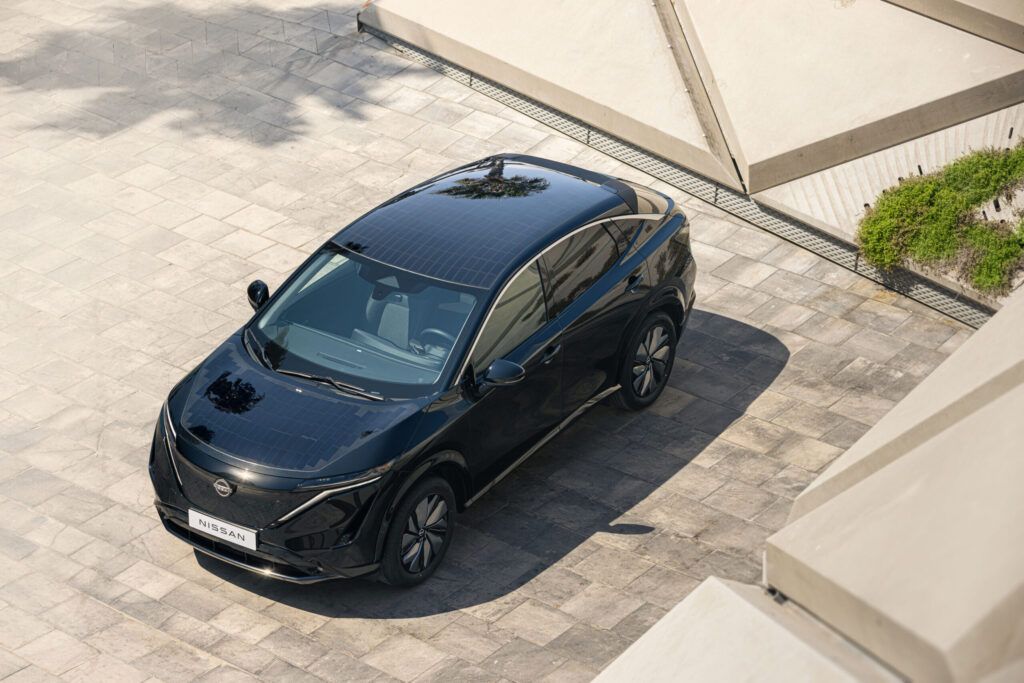The Department for Transport has set out fresh proposals around electric vans, following a consultation on regulations
The main proposals include transferring zero-emission vans (ZEGVs) with a weight of 3.5 tonnes to 4.25 tonnes away from the heavy vehicle testing system and into the MOT network – with the tests used for 3t to 3.5t goods vehicles put in place used.
This decision follows such vans having a higher mass compared to their petrol and diesel equivalents, due to the additional weight of their powertrain, including the battery in most cases. Despite this extra weight, these vehicles are equivalent in function and appearance to petrol and diesel vans.
In addition, the DfT said it would amend annual testing schedules for ZEGVs of 3.5t to 4.25t, so their first test is after three years from first registration, and annually thereafter. It will also remove ZEGVs of 3.5t to 4.25t – and when used with a trailer in a combination up to 7t – from the requirements for tachograph use.
The news follows the announcement in October 2023 of the response to a consultation about driving licence flexibility for alternatively-fuelled vehicles.
In 2019, the UK committed to meeting net zero greenhouse gas emissions by 2050 to ensure that it ends its contribution to climate change.
To help achieve this, the zero emission vehicle (ZEV) mandate started in January 2024. This requires increasing percentages of new sales to be ZEVs – 10% of vans in 2024, rising to 100% by 2035. The ZEGV market is growing with record numbers of registrations in 2023. But it remains at an earlier stage of development compared to the electric car market.
The DfT said drivers “should be able to use a ZEGV with as much ease as a petrol or diesel equivalent, provided that this can be done while maintaining road safety”.
It also said that there would be no change to speed limiters “at this stage” but it was seeking evidence about the effects of this requirement on the 3.5t to 4.25t category of ZEGVs.
The department said it would investigate “if there are any benefits to removing the requirement, or safety benefits to keeping the requirement for speed limiters in place”.
Duncan Webb, AA Fleet Director, said:
“We are pleased to see this consultation response containing final recommendations that will enable this sector of vans to convert at greater pace to electric. From the outset we have supported the great work of the BVRLA and AFP on the Zero Emission Van Plan and we look forward to the relevant legislation being put in place.
“However, we stress that urgency is required as EV van adoption at pace in this sector can only be achieved if the legislation is forth coming quickly and until it does there remains a fundamental challenge that fleets will struggle to resolve.”
Toby Poston, BVRLA Chief Executive said:
“This is a great result for the van sector and delivers something the Zero Emission Van Plan has pushed up the agenda. Policymakers have listened to the fleet sector. We now need to see the legislation passed quickly to finally remove these restrictive regulations.
“Today’s progress underlines what can be achieved when an industry comes together with a shared voice, met by Government representatives that are ready to listen. Operators of large vans are being given the chance access cleaner, greener models, no longer hamstrung by illogical operational loopholes.”
Chris Yarsley, senior policy manager, road freight regulation at Logistics UK, said:
“The proposals published in the consultation response will give operators the confidence to invest in cleaner electric vans as they remove the additional costs from adhering to legislation designed for HGV operators.
“It is now essential for the recommendations to be adopted in law as quickly as possible.”
Image from Shutterstock











